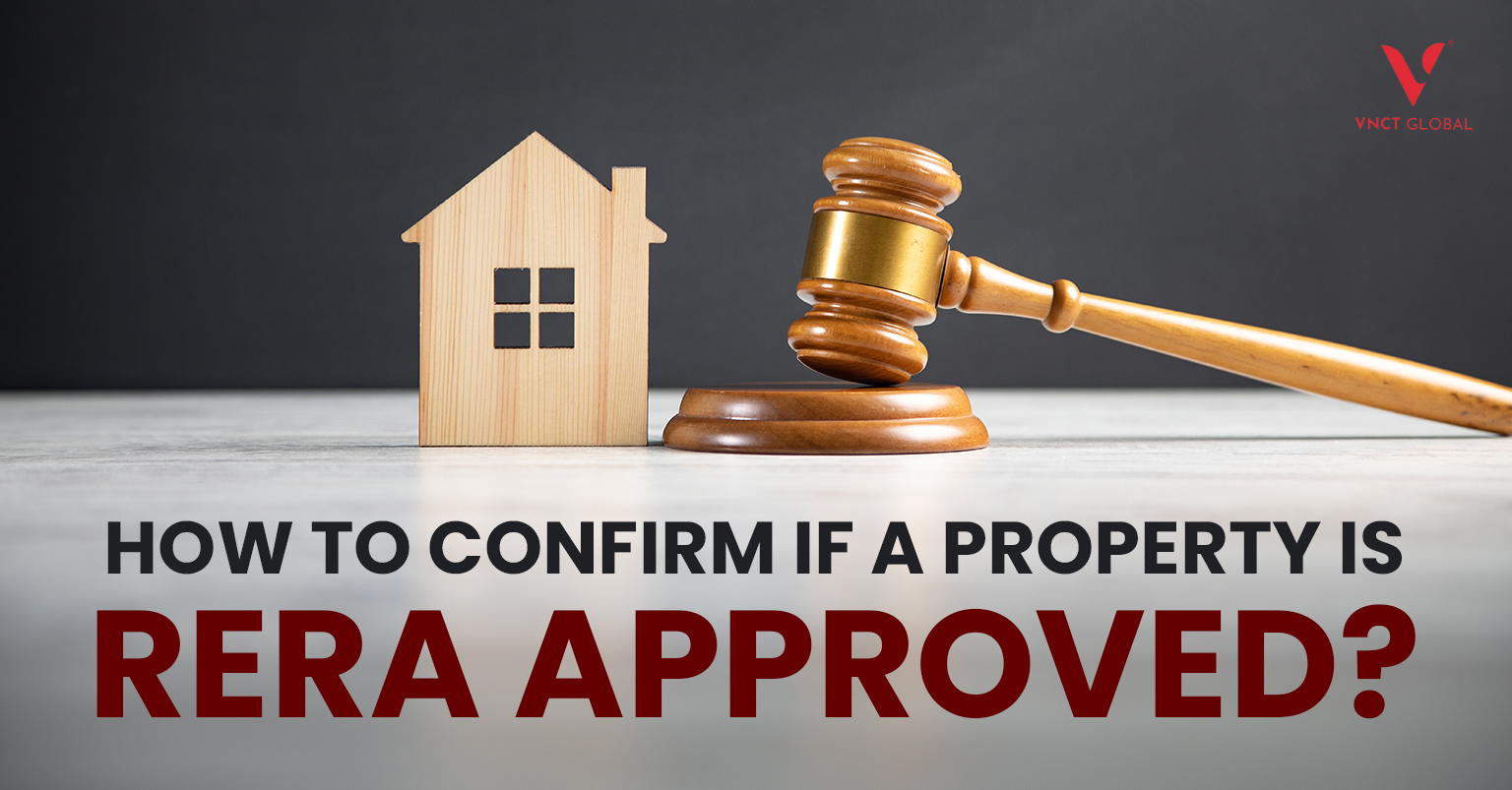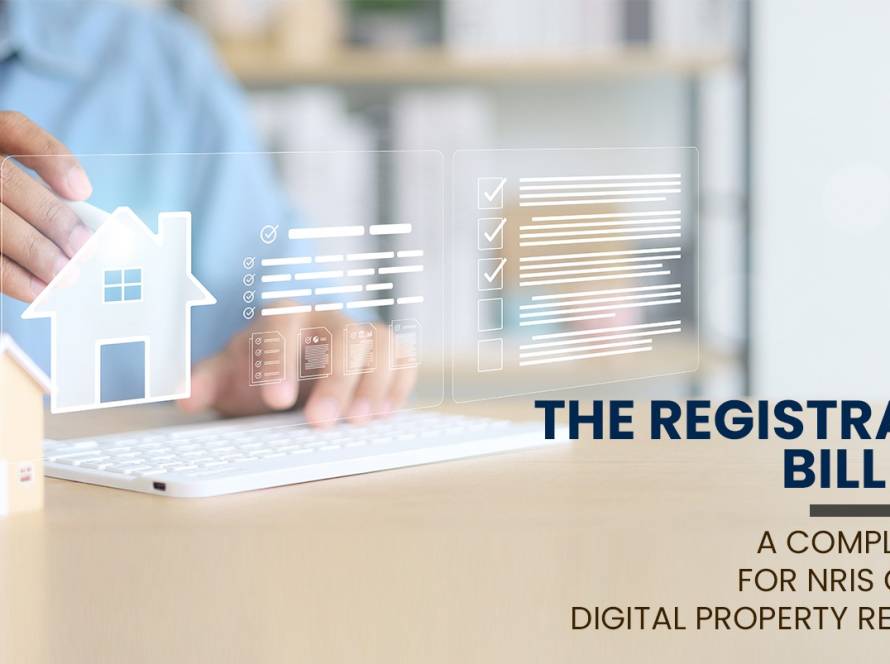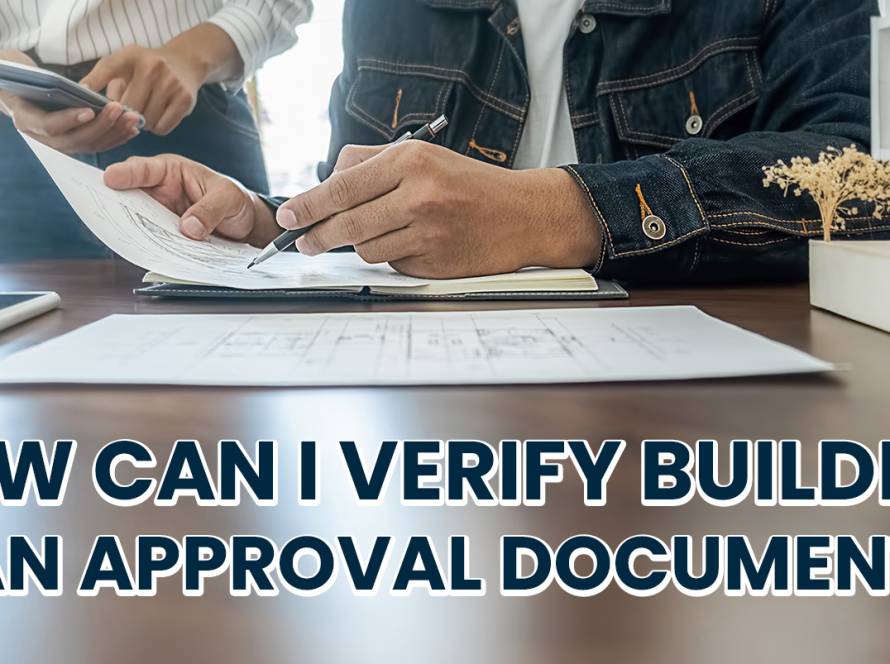Introduction
If you’re evaluating a property and wondering whether the property is RERA approved, you’re asking the right question. This is especially important when considering high-value options — from villas in Chennai to villas in Madurai or villas in Coimbatore — or when dealing with reputed builders among the best villa developers in India or even the largest villa developers in India. In this blog, we’ll walk you through how to check RERA approval, highlight what to watch for as an NRI investor, and show how a partner like VNCT Global can support you every step of the way — whether you’re investing from abroad or locally.
Why RERA Approval Matters
The Real Estate (Regulation and Development) Act, 2016 (RERA) was introduced to bring transparency, accountability and protection for home-buyers in India.
When a property is RERA approved:
- The project registration details are available in public domain (including developer name, project status, approvals).
- You gain legal recourse if there are delays or defects, as the promoter is accountable.
- It signals that the project is more likely aligned with regulatory requirements and less likely to have hidden risks.
Given that you might be buying from the best villa developers in India and assessing luxury offerings like Brookside Residences, Palm Beach, Creek Residences, Park Villas or Ocean Drive Villas, it becomes crucial to verify whether the property is RERA registered.
Step-by-Step: How to Check If a Property Is RERA Approved
Here’s a clear, practical guide you can follow whether you’re in India or an NRI planning from overseas:
Step 1: Identify the appropriate State RERA portal
Each Indian state (or union territory) has its own RERA website/portal. For example: you’ll refer to the portal of Tamil Nadu if the villa project is in Chennai.
Make sure you access the official portal — avoid third-party sites which may have outdated or incorrect info.
Step 2: Navigate to “Registered Projects” or “Project Search”
Look for sections labelled “Registered Projects”, “Search Projects”, “Project Details”.
This is where you’ll input details.
Step 3: Enter project details
You’ll typically need any of:
- The RERA registration number (if provided by the developer).
- The project name (e.g., Creek Residences, Park Villas).
- The promoter / developer name (especially if one of the largest villa developers in India).
Ensure correct spelling and state selection.
Step 4: Review the displayed details
Once you search, the portal should show:
- Project name and location.
- Registration number and date.
- Status of project (ongoing/completed).
- Developer name.
- Uploaded approvals, certificate validity etc.
- Check whether the registration number is valid and matches what the developer provided.
Step 5: Download or screenshot the information
Once verified, save the details (e.g., certificate, registration number, date) as part of your due-diligence records. It helps especially if you’re an NRI and may need documentation later.
Step 6: Check for updates or red flags
Even if a project shows RERA registration, examine whether:
- The registration has expired or lapsed.
- The developer has uploaded updated status/quarterly reports.
- The project is the correct phase/building you’re buying (especially important when dealing with villas in Madurai or Coimbatore).
If any details don’t match or you have doubts, seek further clarification from the regulator or through your investment partner.
Special Considerations for NRIs & How VNCT Global Supports You
As an NRI investor (whether you’re based in Dubai attending events in Dubai, or elsewhere), verifying “property is RERA approved” takes on extra importance because you may not be physically present for every step. Here’s how VNCT Global supports you:
Remote Verification Assistance
VNCT Global will help you access the state’s RERA portal, pull the registration details, check the developer’s credentials (especially if the developer claims to be among the best villa developers in India or largest villa developers in India) and provide you a summary.
Developer & Project Validation
Beyond just the RERA registration, VNCT helps you validate whether the promoter has a good track record (timely delivery, transparent disclosures) whether for villas in Chennai, villas in Madurai or villas in Coimbatore.
Documentation & Handover Support
Once you confirm the property is RERA approved, VNCT Global coordinates with the promoter to ensure documents (RERA certificate, layout plan, approvals) are handed over properly. They also help with post‐handover processes, local compliance, and if renting out your villa when you’re abroad.
Peace of Mind for Overseas Investors
Investing from abroad carries currency, tax, legal and jurisdictional risks. VNCT Global’s local team takes care of on-ground tasks, keeping you updated remotely, which means verifying “property is RERA approved” becomes a structured process rather than a guess.
Common Pitfalls & What to Watch Out For
Even with RERA registration, you should remain alert. Some things to watch:
- A registration number but questionable or missing project details (location mismatch, developer name doesn’t match).
- Project registration for a different phase/unit than the one you’re buying.
- Registration status shows “expired” or “revoked” meaning the developer did not comply or sought extension.
- Developer marketing claims “RERA approved” but no registration number shown or present in portal.
- Registration is in another state/region different from the villa’s actual location (e.g., promoter registered in one state but selling villas in a different state like Tamil Nadu).
By combing through the portal data, asking for the registration certificate copy, and having a partner like VNCT Global cross‐check, you can significantly reduce risk.
Conclusion
Verifying that a property is RERA approved is not just a checkbox—it’s a meaningful step in securing your real estate investment. Whether you are looking at villas in Chennai, villas in Madurai or villas in Coimbatore from reputed builders, and working with one of the best villa developers in India or the largest villa developers in India, this verification matters. For NRIs especially, having a structured process via VNCT Global brings clarity, documentation and support — helping ensure your investment is safe, legal and aligned with your goals. Don’t skip this step make sure you confirm the registration, save the details and proceed only when you’re satisfied that the property is properly registered under RERA.
FAQs for property is RERA approved
- How do I check if a property is RERA approved?
Visit the official RERA portal of the state where the property is located, go to the “Registered Projects” section, and search by the project name, promoter or RERA registration number. - What information will the RERA portal show me?
Details such as the RERA registration number, promoter name, project name and location, registration date, status of the project, uploaded approvals or certificate. - If the project is not listed on RERA, should I avoid it?
It’s a strong red flag if a project claiming to be registered cannot be found in the portal. It doesn’t automatically mean it’s fraudulent—but it means you need extra due diligence before buying from any developer, even those considered among the best villa developers in India. - As an NRI, what specific things should I check beyond RERA approval?
Ensure the developer’s credentials, the payment plan, bank-linked escrow account (if required), power of attorney for overseas remittance, and that RERA registration is for the correct unit/phase. VNCT Global can assist with these layers. - Does RERA approval guarantee zero risk?
Not completely. While RERA greatly reduces risk (delays, mis-advertisements, wrong approvals etc.), you should still check other factors: land title, builder track record, phase 1 vs phase 2 of the project. Think of RERA registration as a necessary but not the only check.





